Mobile App Development Companies in San Francisco: Your Ultimate 2025 Guide
Table of Contents
Introduction
Why Choose San Francisco for Mobile App Development
The SF Tech Ecosystem: A Global Hub
How to Select the Right Mobile App Development Partner
End-to-End Mobile App Development Process
Discovery and Strategy
UX/UI Design
Development and Engineering
Testing and QA
Deployment and App Store Optimization
Post-Launch Support and Maintenance
Services Offered by SF App Development Agencies
Detailed Cost and Timeline Breakdown
Case Studies: Proven Results from SF Companies
2025 Mobile App Trends to Watch
Mistakes to Avoid When Hiring Developers
Why Our Agency Is Your Best Choice in San Francisco
Frequently Asked Questions
Conclusion and Next Steps
Author Bio
1. Introduction
If you are looking for mobile app development companies in San Francisco, it’s likely because:
You have an innovative app idea
You want a partner to transform your vision into a scalable product
You seek developers with proven expertise in competitive markets
This comprehensive 2025 guide gives you:
Insights to choose the right agency
Transparent cost and timeline breakdowns
Industry trends and real results
Actionable strategies to build an app that users love
2. Why Choose San Francisco for Mobile App Development
Access to Global Talent
San Francisco is known for:
Elite developers and engineers from top universities
Designers creating apps with world-class UX/UI
Product strategists who understand growth and scalability
Vibrant Startup Ecosystem
SF agencies often work with:
Funded startups building MVPs for fast market entry
Enterprises creating internal tools or customer-facing apps
Venture capital firms and incubators needing digital product development for portfolio companies
Tech Innovation Hub
Agencies integrate:
AI and machine learning
AR/VR capabilities
Blockchain solutions
IoT and connected devices
Ensuring apps built in SF are innovative, competitive, and future-ready.
3. The SF Tech Ecosystem: A Global Hub
Key Factors Driving Growth
Presence of big tech companies (Google, Apple, Meta, Salesforce) fostering a culture of innovation
Strong startup accelerators like Y Combinator, Plug and Play, and 500 Startups
Investors willing to fund disruptive app ideas
Highly skilled workforce with specialization in fintech, healthtech, AI, edtech, and mobility apps
Benefits for Businesses Building Apps in SF
Access to specialized talent pools
Faster integration of emerging technologies
Strategic partnerships with investors, accelerators, and tech communities
4. How to Select the Right Mobile App Development Partner
Evaluate Their Portfolio
Check:
Apps similar to your concept
UI/UX quality and app store ratings
Results achieved for previous clients (user growth, revenue, downloads)
Understand Their Process
Ask about:
Discovery and strategy approach
Prototyping and design sprint workflows
Technology stack and frameworks used
QA and testing methodologies
Maintenance and support policies
Assess Technical Expertise
Top SF agencies excel in:
Native iOS (Swift) and Android (Kotlin) builds
Cross-platform frameworks like React Native and Flutter
AI/ML integrations (recommendation engines, chatbots)
AR/VR for immersive experiences
Blockchain for secure, transparent apps
Check Team Composition
Ensure they have:
In-house developers, designers, QA testers, and project managers
Product strategists and growth experts
Review Pricing Transparency
Request:
Detailed proposals with milestones and deliverables
Clear IP ownership terms
Defined post-launch support and maintenance costs
5. End-to-End Mobile App Development Process
Discovery and Strategy
Goal Setting
Define core objectives and app vision
Identify user pain points and market gaps
Establish measurable KPIs for success
Market and Competitor Research
Analyze competing apps’ features, reviews, and market positioning
Develop user personas and user journey maps
Identify unique selling propositions
Technology Feasibility
Determine native vs. cross-platform approach
Define backend requirements and integrations
Choose scalable, secure technology stacks
Roadmap Planning
Set milestones and timelines
Allocate budget effectively
Identify risks and mitigation strategies
UX/UI Design
Wireframing
Outline user flows with clarity
Prioritize intuitive navigation for ease of use
Prototyping
Build interactive prototypes for user testing
Iterate designs based on feedback for validation
High-Fidelity UI Design
Create pixel-perfect screens aligned with brand identity
Ensure accessibility compliance for inclusivity (WCAG standards)
Development and Engineering
Frontend Development
Build native apps for iOS and Android when performance is critical
Use cross-platform frameworks for faster time-to-market with cost efficiency
Backend Development
Develop scalable APIs and databases
Configure cloud infrastructure for reliability and speed
Integrations
Payment gateways (Stripe, PayPal)
Social media logins and analytics tools
CRM and ERP integrations for enterprise solutions
Testing and QA
Functional and integration testing for feature accuracy
Security testing to protect user data
Performance and load testing to ensure stability under usage spikes
User acceptance testing (UAT) before launch
Deployment and App Store Optimization
Prepare App Store and Play Store listings with optimized metadata, screenshots, and promotional videos
Submit apps for approval with compliance checks
Integrate keyword strategies for organic discovery
Post-Launch Support and Maintenance
Monitor performance metrics
Release regular updates for OS compatibility
Enhance features based on user feedback
Provide bug fixes with rapid turnaround times
6. Services Offered by SF App Development Agencies
| Service | Description |
|---|---|
| Native App Development | Swift and Kotlin builds for platform-optimized performance. |
| Cross-Platform Development | React Native and Flutter apps for faster deployment. |
| UX/UI Design | User journey mapping, wireframing, prototyping, and final design. |
| Backend Development | Secure APIs, databases, and cloud architecture. |
| AI/ML Integration | Chatbots, recommendation engines, and predictive analytics. |
| Blockchain Development | Apps with smart contracts and secure transactions. |
| AR/VR Solutions | Immersive apps for education, tourism, and retail. |
| App Store Optimization | Metadata, visuals, and keyword strategies for visibility. |
| Maintenance & Support | Updates, monitoring, and feature scaling post-launch. |
7. Detailed Cost and Timeline Breakdown
| App Type | Estimated Cost | Timeline |
|---|---|---|
| Simple MVP app | $40,000 – $80,000 | 10 – 14 weeks |
| Mid-complexity app | $80,000 – $150,000 | 14 – 22 weeks |
| Enterprise-level app | $150,000 – $300,000+ | 22+ weeks |
Factors Affecting Cost
Features and integrations complexity
Number of platforms
Design intricacy and animations
Compliance requirements (HIPAA, PCI DSS)
8. Case Studies: Proven Results from SF Companies
Healthcare Telemedicine Platform
Challenge: Enable HIPAA-compliant video consultations.
Solution: Native app with secure video, e-prescriptions, and patient data management.
Result: Over 10,000 consultations in 3 months with 70% user retention.
Fintech Payment App
Challenge: Build a secure payment app with instant transfers.
Solution: iOS and Android apps with multi-factor authentication and real-time tracking.
Result: Processed $1M+ transactions within the first 2 months.
E-commerce Marketplace
Challenge: Create a multi-vendor e-commerce platform.
Solution: Cross-platform Flutter app with inventory, payment, and logistics integrations.
Result: 25,000+ downloads within 6 months, generating over $500K in revenue.
9. 2025 Mobile App Trends to Watch
AI-powered personalization and recommendation engines
Voice search integration for accessibility and user convenience
5G-enabled apps for enhanced streaming and cloud gaming
Sustainable app development practices for energy efficiency
Wearable integrations expanding app functionalities
Blockchain-based data security for fintech and health apps
10. Mistakes to Avoid When Hiring Developers
Choosing solely based on the lowest cost
Not clarifying intellectual property ownership
Skipping detailed discovery and validation phases
Underestimating ongoing maintenance costs
Ignoring compliance and data security requirements
11. Why Our Agency Is Your Best Choice in San Francisco
| Feature | Our Agency | Typical Competitors |
|---|---|---|
| Based in SF | Yes | Often offshore or hybrid |
| Full-stack team | Developers, designers, QA, and strategists in-house | Often partially outsourced |
| Transparent pricing | Milestone-based proposals | Vague estimates |
| Rapid prototyping | Interactive prototypes in days | Weeks typical |
| Post-launch support | Included in all packages | Often extra cost |
| Growth-focused strategies | Included | Rarely offered |
12. Frequently Asked Questions
How much does it cost to develop an app in San Francisco?
Between $40,000 and $300,000+ depending on features, complexity, and platforms.
How long does app development take?
From 10 weeks for simple MVPs to 22+ weeks for complex apps.
Is native or cross-platform development better?
Native offers optimal performance and deep OS integration. Cross-platform is faster and cost-effective for apps with similar UI/UX across platforms.
Do you provide post-launch support and maintenance?
Yes. Our packages include ongoing updates, monitoring, and feature scaling.
Will you handle app store submissions and optimization?
Absolutely. We manage submission, metadata optimization, screenshots, and promotional videos to maximize visibility and approval success.
13. Conclusion and Next Steps
Building an app requires the right team, strategy, and execution. San Francisco’s top developers can transform your idea into a product that:
Drives user growth
Increases revenue
Builds long-term brand value
Ready to build your app with San Francisco’s leading team?
Book your free consultation today.
We will map your vision into an actionable, scalable, and cost-effective roadmap for launch and growth in 2025.




